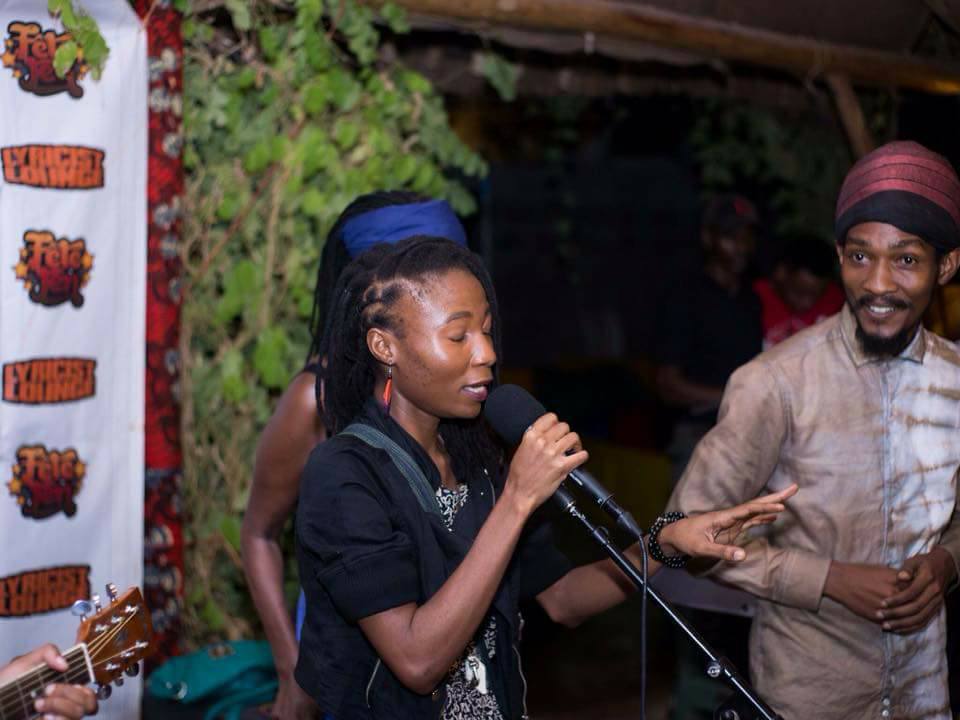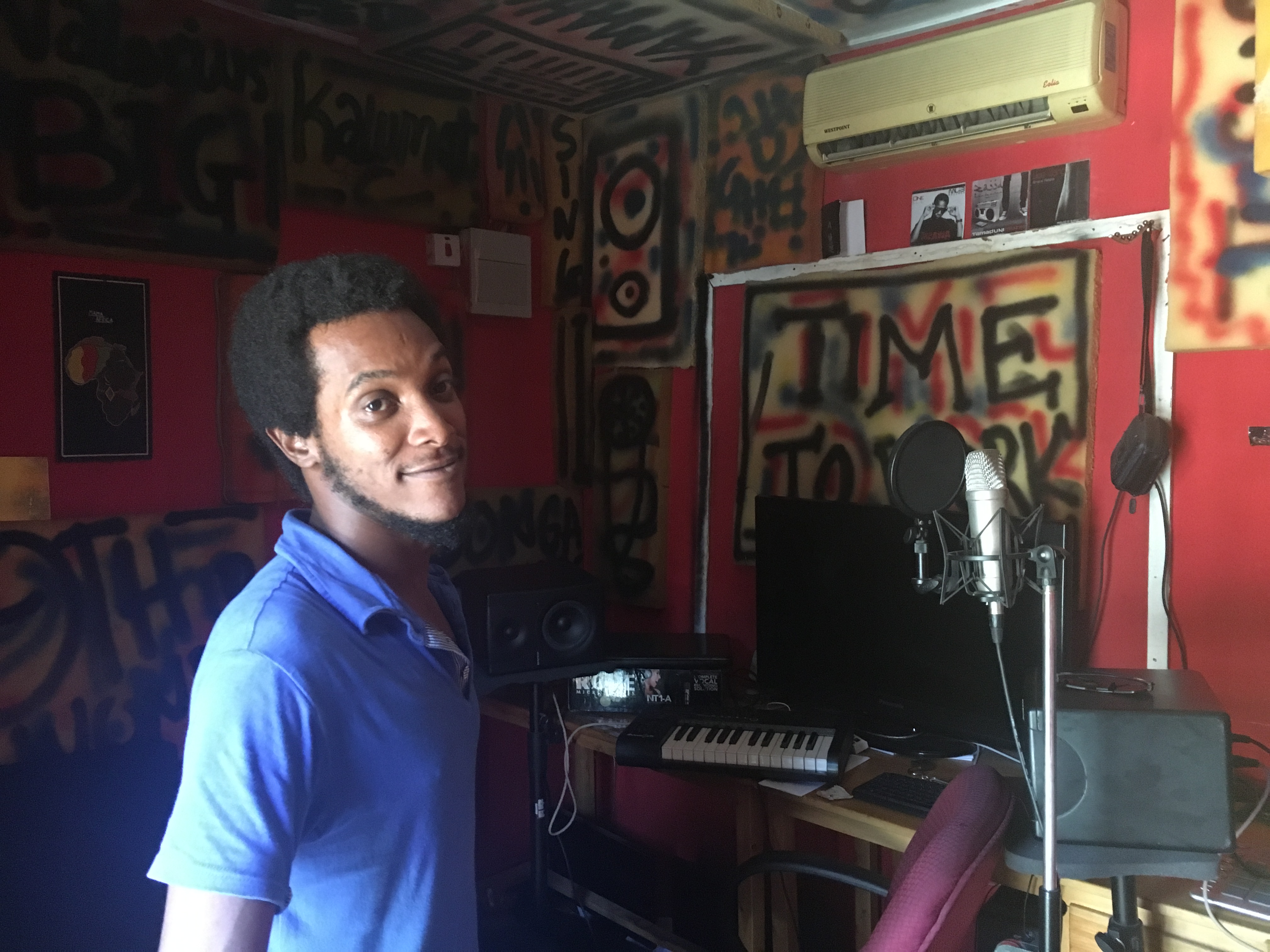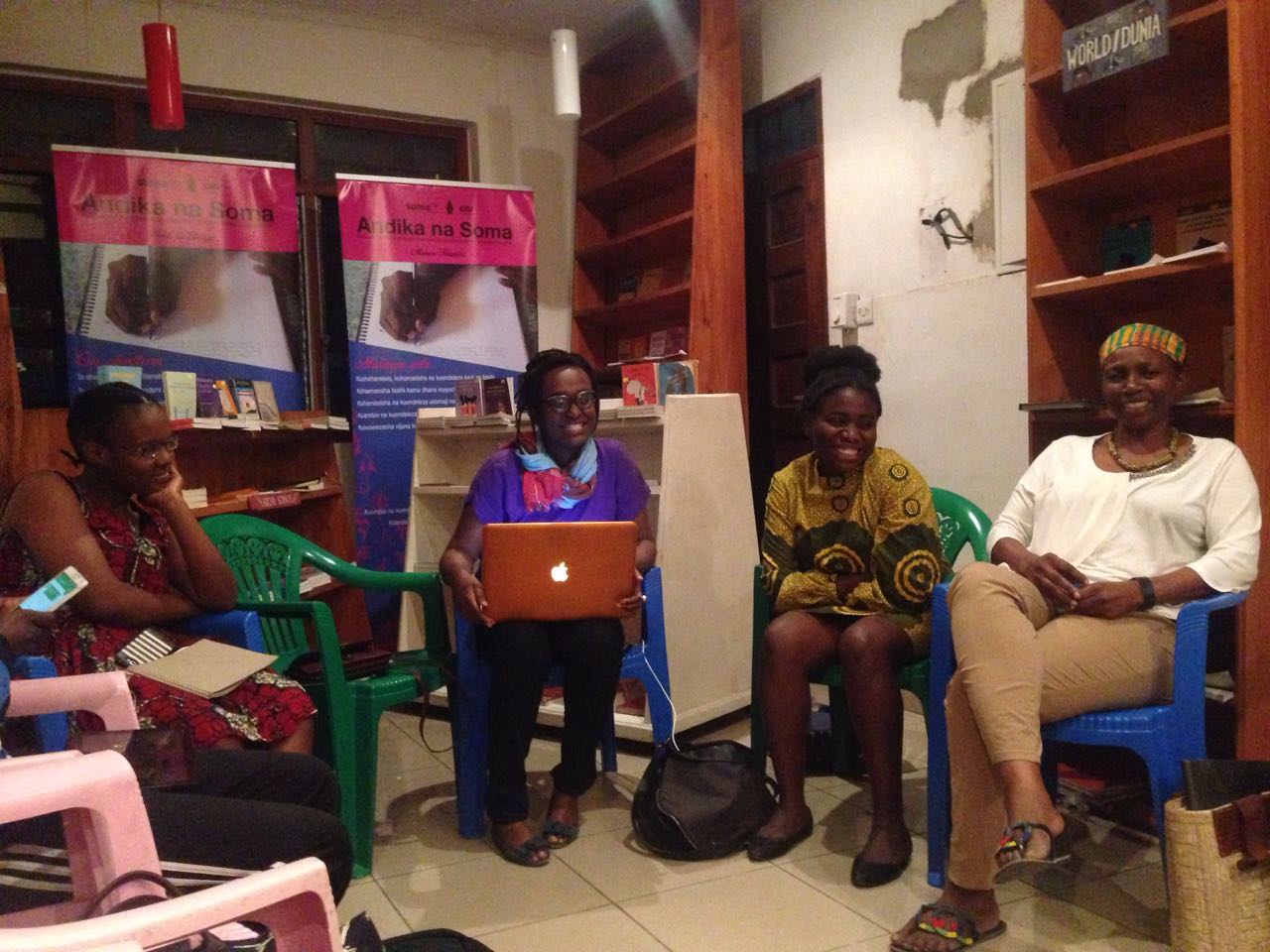Poetry as Aesthetic Practice
Poetry as Aesthetic Practice. Form, Experience and Relation to Lifeworlds in Verbal Arts in Madagascar and Tanzania.
Staff:
Clarissa Vierke, Professor for Literatures in African Languages
Markus Verne, Professur in Anthropology with a Focus on Aesthetics
Research Assistants:
Nikitta Adjirakor, M.A., Maike Meurer, M.A.
Term of the project: 3.2016 – 2.2019
Financing: German Research Council (DFG)
Poetry forms a crucial part of everyday communication; both along the Tanzanian coast and in the Malagasy highlands. Orators inspire their audiences at public events with creative metaphors and evocative allegories. Petty traders walk the streets selling poetry collections. Poetry-slams are held on a regular basis at cultural centers. Poems are shared on internet forums, where they are “tagged” and “liked” by others; and in the form of song lyrics, poetry is disseminated non-stop through countless radio and TV stations. In all these and many more cases, poetic texts not only engage in mimetic reflections of everyday life; by being experienced, but also contribute to the perception of everyday life; significantly adding to the ways in which actual lifeworlds are made.
It is the aim of this project to empirically study how poetic forms and practices may contribute to the construction of lifeworlds within the urban contexts of Tanzania and Masagascar. We start with the assumption that poetic forms of engaging with the world, both fundamentally and systematically, differ from other more “explicit” forms of communication, due to their unique combination of form and content. Therefore, we argue, their study requires a specific approach. Focusing on the ambiguous relationship between poetic artworks and their aesthetic experience, the project will examine how poetic language is actually experienced and how it is rendered meaningful in everyday life. Applying a profoundly empirical perspective, the project tries to go beyond previous approaches, deducing both experience and effect from the gestalt of the poems themselves, thus methodologically neglecting the difficult interrelation of artwork, experience, and actual lifeworlds.
In order to pursue its goals, the project will investigate both “highbrow” and “popular” genres of poetry. We will deal with three different dimensions of the poetic process during three different stages of our research: First, we will explore the semantic potential of certain groups of poems, as it results from genre-specific combinations of form and content (aspect 1: “form/content“). Then, we will examine how these poems are actually experienced in performative situations (aspect 2: “aesthetic experience”). Finally, we will try to understand the ways in which the aesthetic experience of poetic articulation is rendered meaningful when it comes to making sense of, and engaging with, actual lifeworlds (aspect 3: “reflection and consequences”).
In combining approaches from literary studies and cultural anthropology; by paying special attention to aesthetic form; and in pursuing a strictly empirical approach to the study of both aesthetic experience and its everyday uses, the project not only aims at transcending the ways in which verbal art in Africa is usually studied, but also intends to substantially contribute to general debates about the essences, experiences, and effects of aesthetic language, and of aesthetic forms more generally.



